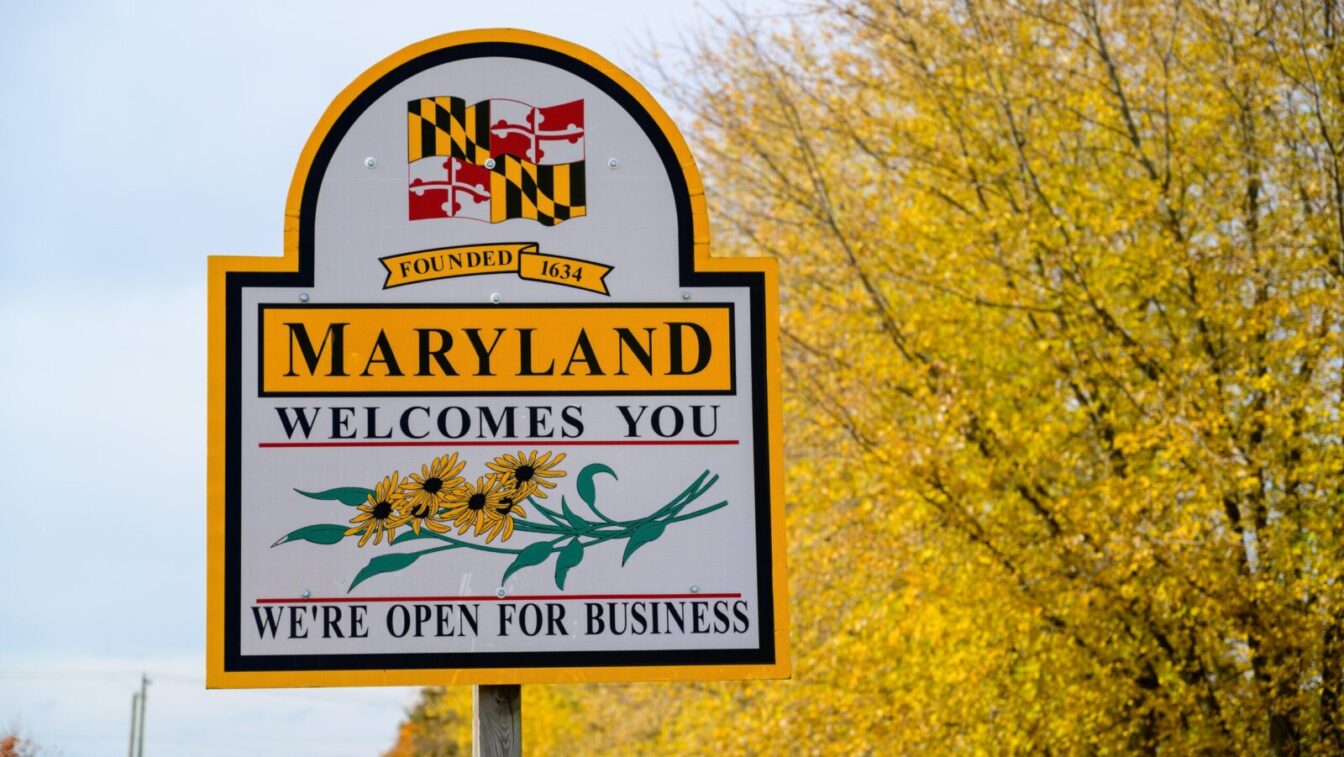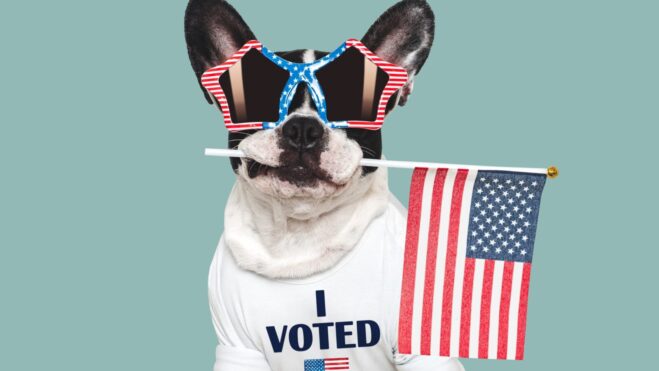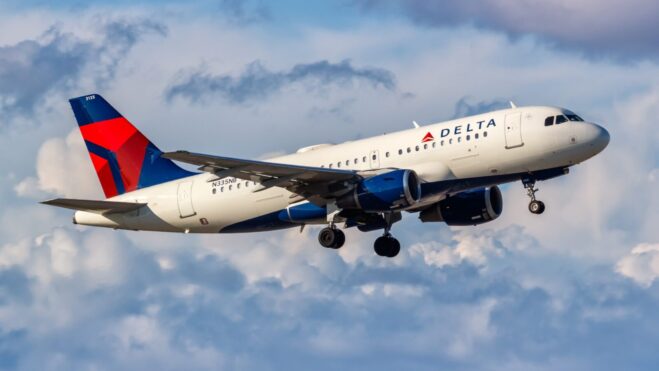Virginia, Like Neighboring Maryland, To Consider Legalizing Online Casino This Year
New bill would give retail casinos up to three online skins, meaning as many as 15 iGaming sites
2 min

Virginia, which did not have sports betting until 2021 nor any brick-and-mortar casinos until the following year, is on track to have its legislators consider further expanding gaming to include internet casino options in 2025.
State Sen. Mamie Locke filed SB 827 on New Year’s Eve, and it is expected to be among bills heard after the Virginia legislature opens its session Wednesday. Her bill has been assigned to the General Laws and Technology committee.
This news comes at the same time as news out of Maryland about an iCasino legalization bill pre-filed in that neighbor state.
Locke’s bill would give brick-and-mortar casinos the ability to have up to three online skins, which would give the Old Dominion potentially as many as 15 iGaming operators, as state law allows for five casinos. It would also allow for the ability to offer online poker by allowing the state to enter multijurisdictional agreements.
Virginia currently has three retail casinos in operation, with all three permanent venues having opened over the past two years. While Hard Rock was the first to open a temporary casino in Bristol in July 2022, it did not open its permanent one until November.
Caesars took a similar tack in Danville, launching a temporary casino opening in May 2023 before opening its full venue last month. Rivers opened Virginia’s first permanent casino in January 2023 in Portsmouth.
Highlights of Locke’s bill
Locke proposes a 15% tax on adjusted gross revenue for internet casino gaming, the same rate for sports betting AGR in Virginia and for online casino gaming in neighboring West Virginia. She also has the same breakout for state tax revenue, with 2.5% allocated to responsible gaming initiatives and the remaining 97.5% allocated to the general fund. The percentage allocated to responsible gaming is more than triple the 0.8% earmarked from tax revenue generated by brick-and-mortar casinos.
Operators will have to submit $1 million for a license application, and a license would be good for five years. One interesting point is a licensee must be offering iGaming in at least three other states to be eligible to apply for a license in Virginia. Caesars and Rivers Casino meet that threshold operating in New Jersey, Michigan, and Pennsylvania, but Hard Rock currently offers iGaming only in the Garden State.
Locke’s bill calls for a relatively fast timeline to launch with passage. The Virginia Lottery — which would regulate internet casino gaming in the state in addition to its current oversight of sports betting and brick-and-mortar casinos — must promulgate and approve iGaming rules by Sept. 1. The agency would be allowed to begin accepting license applications as early as July 1.
Locke also appeared to apply the lessons Virginia learned from legalizing sports betting as licensees would not be allowed to deduct promotional credits against gross revenue. Operators, though, would be allowed to carry over negative AGR for a maximum of 12 months.
Virginia allowed mobile sportsbooks to take unlimited promotional deductions until a budget amendment took effect at the start of Fiscal Year 2023 (July 2022) limiting that to the first 12 months of operations. Virginia has collected nearly 85% of its $230.1 million in all-time sports betting state tax revenue since that change.
Divergence from NCLGS Model Legislation draft
Locke’s bill strays from the model legislation draft released in late November by the National Council of Legislators from Gaming States (NCLGS) in two notable areas.
The first is that bettors would be allowed to use credit cards for deposits, something the NCLGS draft prohibits as part of a bettor’s digital wallet.
The second is the ability for a licensee to conduct live dealer wagering with an out-of-state studio. The NCLGS draft takes a softer stance on this in its current draft, identifying “Live Internet Game Studio” as a “physical location in the state or in a permissible jurisdiction in accordance with a multi-state internet gaming agreement.” Locke’s bill would fully permit use of live dealer studios located outside Virginia.
Expect Cordish Companies to oppose
Boyd Gaming and Cordish Companies are projected to open casinos in Norfolk and Petersburg, respectively, by the fall of 2027. Boyd is slated to open a temporary casino this fall.
Cordish Companies, however, is likely to publicly oppose Locke’s bill, which would be consistent with its previous stances in both Louisiana and Maryland. In testimony provided to the Maryland Senate Budget and Taxation Committee last March, Cordish called iGaming a “jobs killer,” saying the tax revenue gains claimed are “illusory.”






